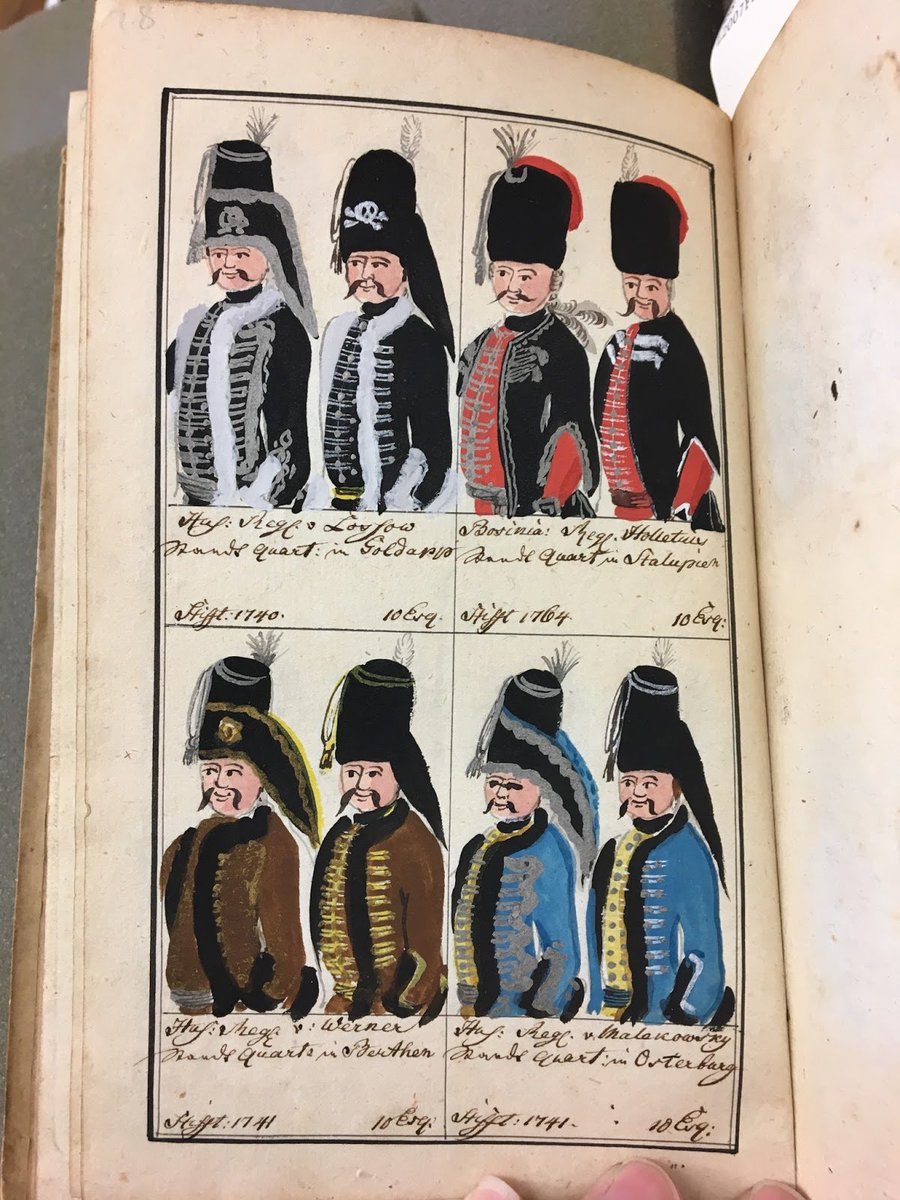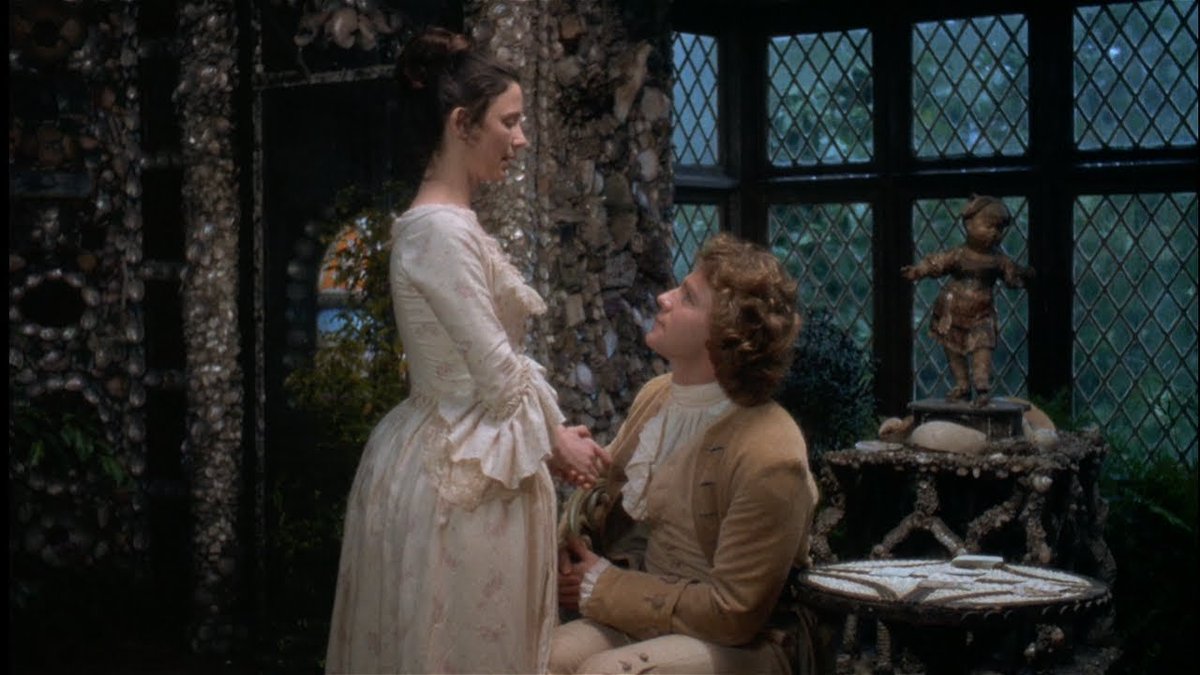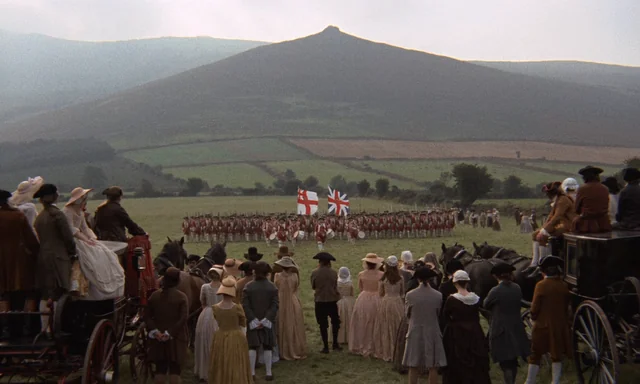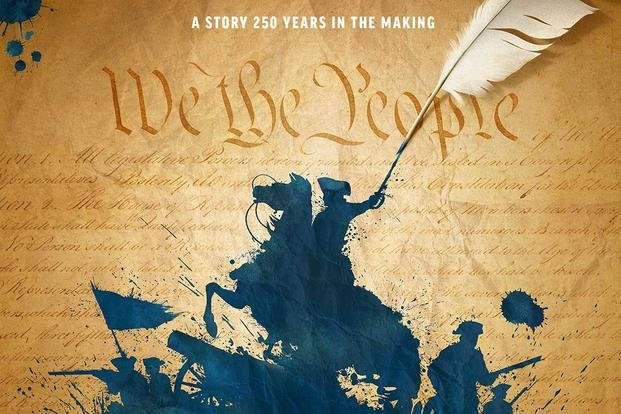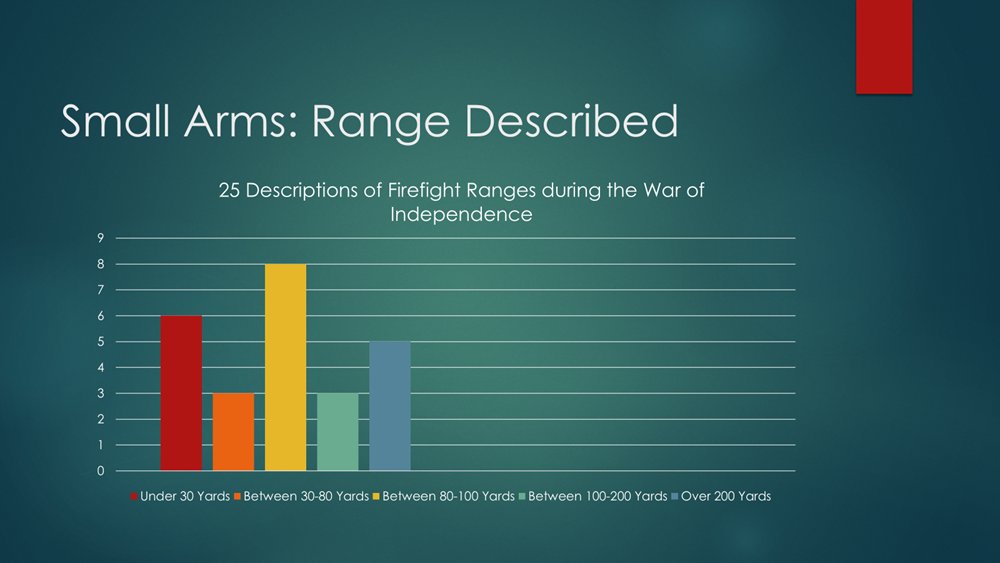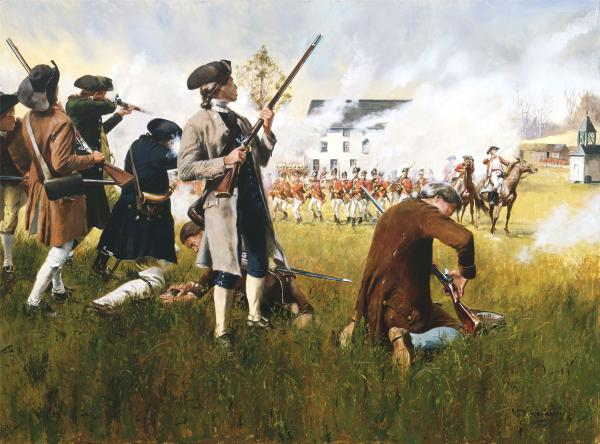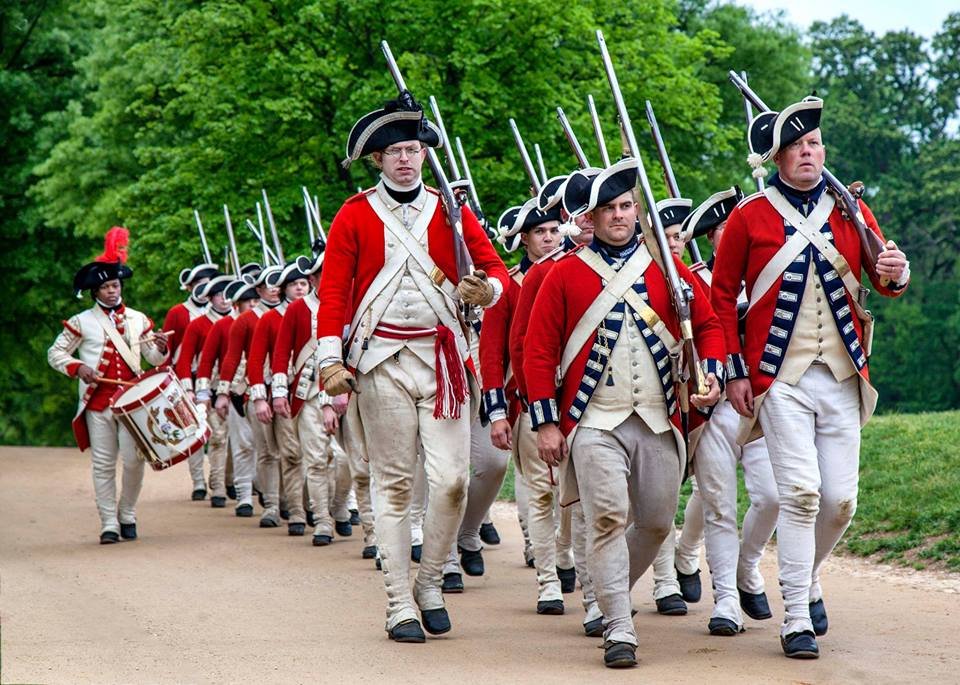Baron de Steuben's quote on the American military:
"You say to your soldier , "'Do this,' and he doeth it; but I am obliged to say , 'This is the reason why you ought to do that ,' and then he does it."
You and I read it as a compliment. He wasn't being complimentary. 🧵1/10
"You say to your soldier , "'Do this,' and he doeth it; but I am obliged to say , 'This is the reason why you ought to do that ,' and then he does it."
You and I read it as a compliment. He wasn't being complimentary. 🧵1/10

This is the whole passage of the letter that the quote is drawn from:
"You must not, however, believe that I have introduced the entire system of drill , evolutions , maneuvers , discipline , tactics and Prussian formation into our army. ... " 2/10
"You must not, however, believe that I have introduced the entire system of drill , evolutions , maneuvers , discipline , tactics and Prussian formation into our army. ... " 2/10
"... I should have been pelted had I attempted it , and should inevitably have failed. My ordinance, which was translated in Paris , is a rhapsody that I hope has never reached you ; but if you have seen it by chance..." 3/10
"... I beg you not to condemn it without considering my situation. In the first place , the genius of this nation is not in the least to be compared with that of the Prussians , Austrians , or French. ..." 4/10
"... "You say to your soldier , "'Do this,' and he doeth it; but I am obliged to say , "'This is the reason why you ought to do that ,'" and then he does it. Your army is the growth of a century , mine of a day. My officers were as raw as my soldiers. ..." 5/10
"...This army was renewed almost after every campaign , and I considered myself too fortunate if I had my recruits four weeks before the commencement of active operations. ..." 6/10
"...Judge, then , whether I could amuse myself much with the manage- ment of arms and parades . Contrary to my principles, I was forced to begin my task at the wrong end..." 7/10
"..and after executing great maneuvers with six or eight thousand men together, I have sent my generals and colonels to learn the manual exercise. After what I have related above, you will admit that my task was not an easy one, and you will judge my ordinances indulgently." 8/10
Now, in an age when soldiers are trained to think on commander's intent or mission command, the short quote sounds nice. But Steuben was essentially say to another Prussian officer, "this is why you will think badly of the infantry regulations I authored." 9/10
The American army is today's paradigm army, much like the Prussian army was in the 1770s, in small part because of Steuben's influence. But, we shouldn't let our knowledge of American excellence today blind us to what Steuben was attempting to communicate in this letter. 10/10
• • •
Missing some Tweet in this thread? You can try to
force a refresh




